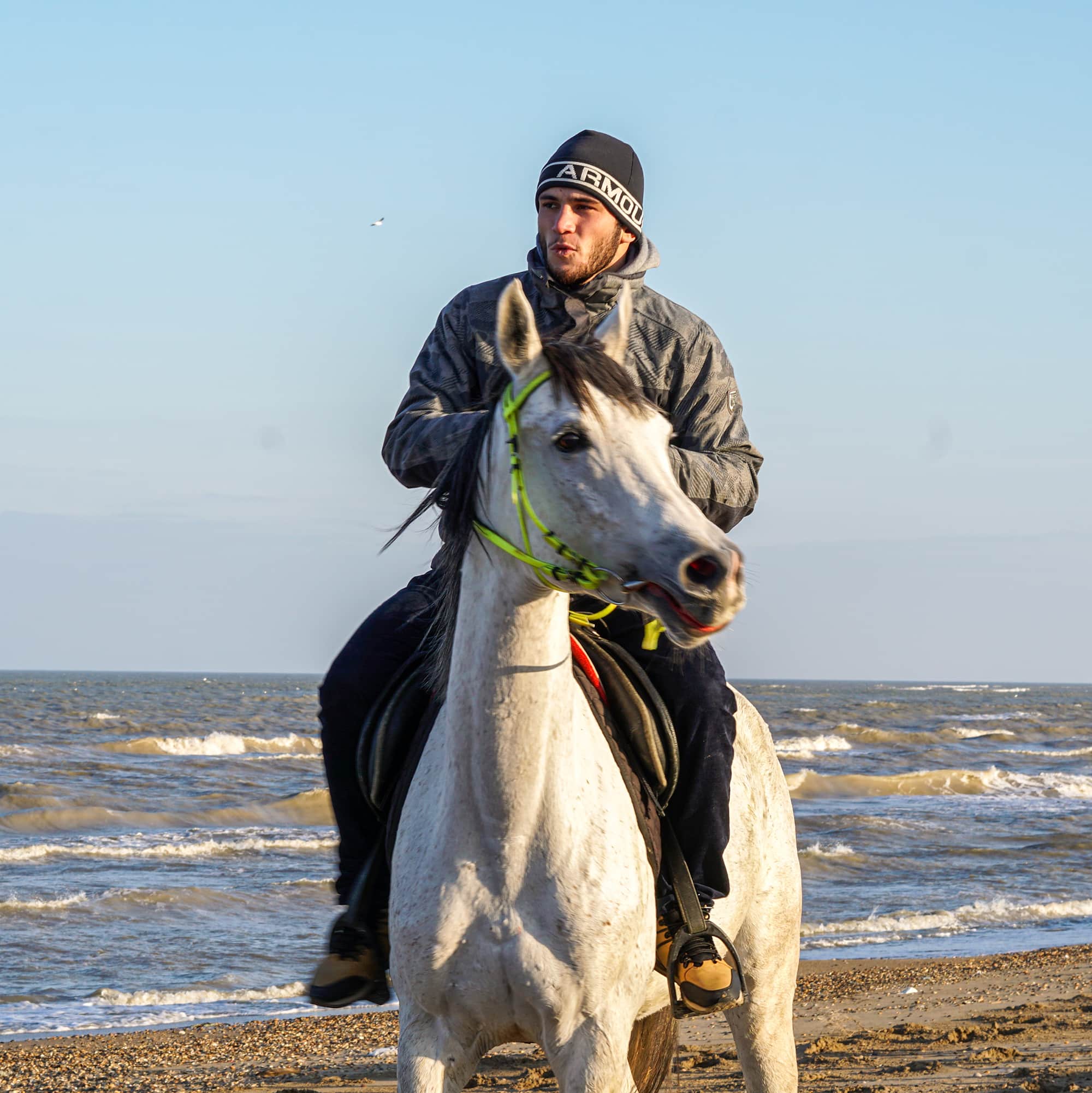

"That's why it's so risky to keep emitting from fossil fuels. Or warming Arctic permafrost could cause long-frozen biomass to decompose, releasing vast amount of carbon emissions. Exactly when those points would be reached is uncertain.ĭroughts, reduced rainfall, and continued destruction of the Amazon through deforestation, for example, could see the rainforest system collapse, releasing CO2 into the atmosphere rather than storing it. 'TIPPING POINTS'Īs the world heats up, the risk increases that the planet will reach "tipping points", where Earth’s systems cross a threshold that triggers irreversible or cascading impacts. But 2☌ would also see a bigger share of insects and animals lose most of their habitat range, compared with 1.5☌, and increase the risk of forest fires - another risk to wildlife. "If you have crop failures in a couple of the breadbaskets of the world at the same time, then you could see extreme food price spikes and hunger and famine across wide swathes of the world," said climate scientist Simon Lewis at University College London.Ī warmer world could see the mosquitoes that carry diseases such as malaria and dengue fever expand across a wider range. Warming of 2☌, versus 1.5☌, would also increase the impact on food production. That would destroy fish habitats and communities that rely on reefs for their food and livelihoods. Warming of 1.5☌ would destroy at least 70% of coral reefs, but at 2☌ more than 99% would be lost.

That would help limit sea level rise to a few feet by the end of the century - still a big change that would erode coastlines and inundate some small island states and coastal cities.īut blow past 2☌ and the ice sheets could collapse, Mann said, with sea levels rising up to 10 metres (30 feet)- though how quickly that could happen is uncertain. "At 1.5☌, there’s a good chance we can prevent most of the Greenland and west Antarctic ice sheet from collapsing," said climate scientist Michael Mann at Pennsylvania State University.

The difference between 1.5☌ and 2☌ is critical for Earth's oceans and frozen regions. It also increases evaporation, leading to more intense droughts. Let warming spiral to 4☌, and such an event could occur 9.4 times per decade.Ī warmer atmosphere can also hold more moisture, resulting in more extreme rainfall that raises flood risks. "For every increment of global warming, changes in extremes become larger," said climate scientist Sonia Seneviratne at ETH Zurich.įor example, heatwaves would become both more frequent and more severe.Īn extreme heat event that occurred once per decade in a climate without human influence, would happen 4.1 times a decade at 1.5☌ of warming, and 5.6 times at 2☌, according to the U.N. More warming to 1.5☌ and beyond will worsen such impacts.

"Climate change is already affecting every inhabited region across the globe," said climate scientist Rachel Warren at the University of East Anglia. Greenland saw massive melting events, wildfires ravaged the Mediterranean and Siberia, and record drought hit parts of Brazil. Hundreds more died when temperatures in the Pacific Northwest hit record highs. Just this year, torrential rains flooded China and Western Europe, killing hundreds of people. "Half a degree means much more extreme weather, and it can be more often, more intense, or extended in duration." "We never had such a global warming in only a few decades", said climate scientist Daniela Jacob at the Climate Service Center Germany.


 0 kommentar(er)
0 kommentar(er)
